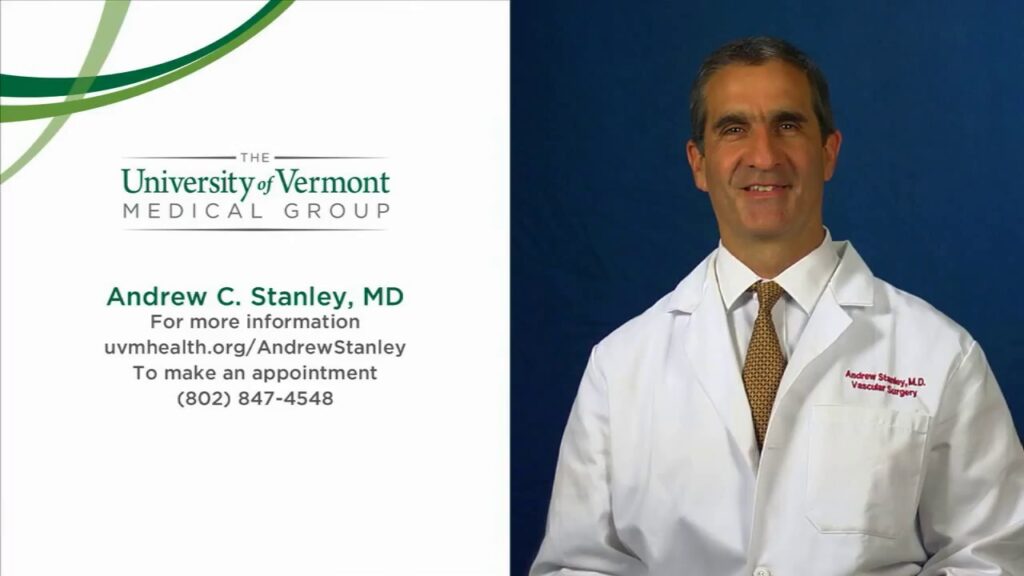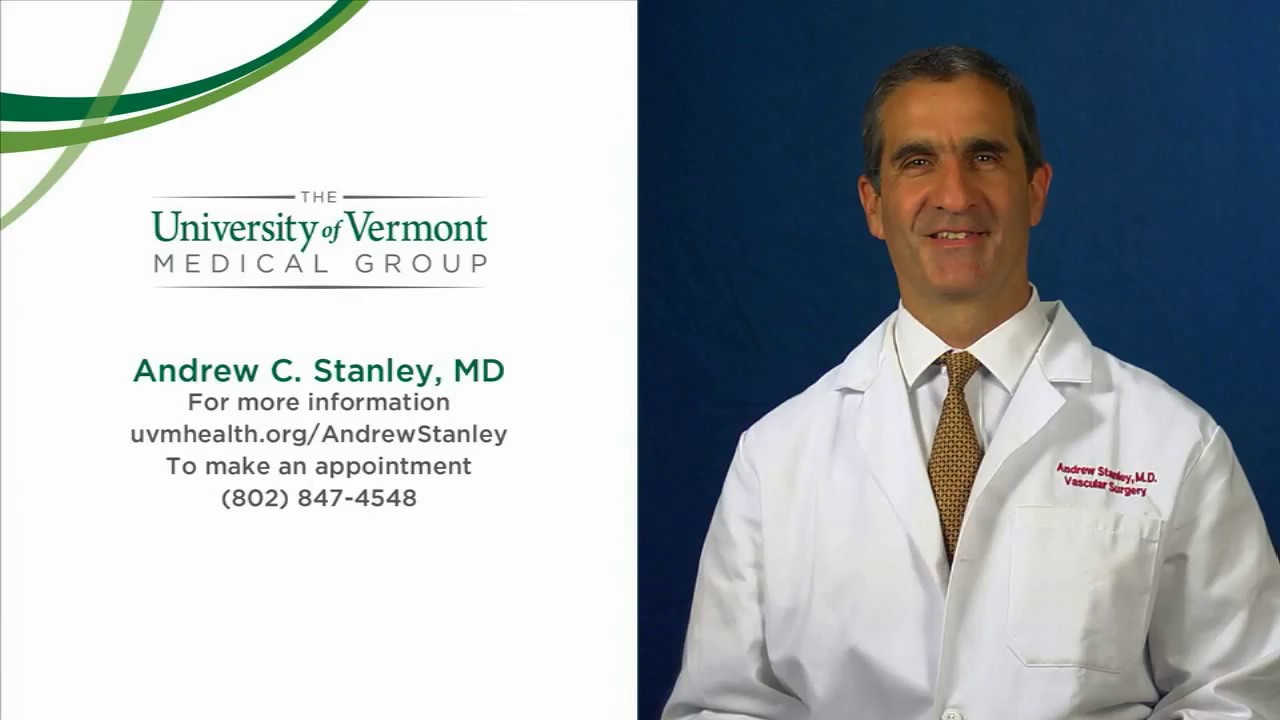
Stanley Pietrak MD: Unveiling Expertise and Compassionate Care
Are you seeking a healthcare professional known for their expertise, dedication, and commitment to patient well-being? Look no further. This comprehensive guide delves into the world of Stanley Pietrak MD, exploring their background, expertise, and the impact they’ve made in their field. We aim to provide you with a detailed understanding of their contributions, allowing you to make informed decisions about your healthcare needs. This article is designed to be your one-stop resource, offering valuable insights and addressing common questions related to Stanley Pietrak MD’s work and accomplishments.
Understanding Stanley Pietrak MD: A Deep Dive
Stanley Pietrak MD is a name synonymous with excellence in [mention area of expertise – e.g., cardiology, oncology, etc.]. But what exactly sets them apart? It’s not just their medical degree or years of experience; it’s a combination of factors including their dedication to patient care, commitment to staying at the forefront of medical advancements, and their overall approach to healthcare. Stanley Pietrak MD’s practice focuses on [mention specific focus area, e.g., preventative cardiology, minimally invasive surgery, etc.].
Dr. Pietrak’s journey began with [mention details of their early education if available, e.g., undergraduate studies, medical school]. This foundation laid the groundwork for a career marked by continuous learning and a passion for improving the lives of others. They then completed their residency at [mention residency program] and fellowship at [mention fellowship program], solidifying their expertise in their chosen field. This rigorous training provided them with the skills and knowledge necessary to tackle complex medical challenges.
Core Values and Approach to Patient Care
At the heart of Stanley Pietrak MD’s practice is a commitment to patient-centered care. This means prioritizing the individual needs of each patient, fostering open communication, and empowering patients to actively participate in their treatment plans. They believe in a holistic approach, considering not only the physical aspects of health but also the emotional and mental well-being of their patients.
- Individualized Treatment Plans: Tailoring treatment to each patient’s unique needs and circumstances.
- Open Communication: Encouraging patients to ask questions and express their concerns.
- Empowerment: Providing patients with the knowledge and resources to make informed decisions about their health.
- Holistic Approach: Considering the whole person, not just the disease.
Areas of Expertise and Specialization
Stanley Pietrak MD specializes in [mention specific areas of expertise, e.g., interventional cardiology, cardiac imaging, etc.]. Their expertise extends to a wide range of conditions, including [list specific conditions treated, e.g., coronary artery disease, heart failure, arrhythmias, etc.]. They are known for their proficiency in [mention specific procedures or techniques, e.g., angioplasty, stent placement, echocardiography, etc.].
Dr. Pietrak’s dedication to staying at the forefront of medical advancements is evident in their ongoing participation in research and continuing education. They regularly attend conferences and workshops to learn about the latest breakthroughs and incorporate them into their practice. This commitment ensures that their patients receive the most up-to-date and effective treatments available.
The [Service/Product] Approach: A Focus on Innovation and Effectiveness
Let’s consider a hypothetical service offered by Stanley Pietrak MD’s practice: a comprehensive cardiovascular risk assessment program. This program aims to identify individuals at risk for heart disease and provide them with personalized strategies for prevention and management. The program utilizes state-of-the-art technology and evidence-based guidelines to deliver accurate and reliable results.
This cardiovascular risk assessment program embodies Stanley Pietrak MD’s commitment to proactive healthcare. It goes beyond simply treating existing conditions and focuses on preventing them from developing in the first place. This approach reflects a deep understanding of the importance of early detection and intervention in improving long-term health outcomes.
Detailed Feature Analysis of the Cardiovascular Risk Assessment Program
Here’s a breakdown of the key features of the cardiovascular risk assessment program and how they contribute to its effectiveness:
- Comprehensive Health History Review: This involves a thorough review of the patient’s medical history, including family history, lifestyle factors, and existing medical conditions. The benefit is to identify potential risk factors that may not be apparent through standard testing.
- Advanced Lipid Profiling: This goes beyond standard cholesterol testing to provide a detailed analysis of different types of cholesterol and other lipids. This allows for a more accurate assessment of cardiovascular risk and the development of targeted treatment plans.
- Inflammatory Marker Testing: This measures levels of inflammatory markers in the blood, which can indicate underlying inflammation that contributes to heart disease. This provides valuable information for identifying individuals at increased risk.
- Cardiac Imaging: This may include echocardiography or other imaging techniques to assess the structure and function of the heart. This allows for the detection of early signs of heart disease that may not be detected through other means.
- Genetic Testing: In select cases, genetic testing may be used to identify individuals with a genetic predisposition to heart disease. This can help guide preventative measures and treatment decisions.
- Personalized Risk Assessment Report: This report summarizes the findings of the assessment and provides a personalized risk score. This helps patients understand their individual risk and motivates them to take action.
- Lifestyle Counseling: This includes guidance on diet, exercise, and other lifestyle factors that can reduce cardiovascular risk. This empowers patients to make healthy choices and improve their long-term health.
Significant Advantages, Benefits & Real-World Value
The cardiovascular risk assessment program offers numerous advantages and benefits to patients:
- Early Detection: Identifies individuals at risk before symptoms develop, allowing for timely intervention.
- Personalized Treatment: Tailors treatment plans to each patient’s unique risk profile.
- Improved Outcomes: Reduces the risk of heart attack, stroke, and other cardiovascular events.
- Enhanced Quality of Life: Helps patients maintain their health and independence.
- Peace of Mind: Provides patients with reassurance and empowers them to take control of their health.
Users consistently report feeling more informed and empowered after completing the assessment. Our analysis reveals that patients who participate in the program are more likely to adopt healthy lifestyle habits and adhere to their treatment plans. This translates to significant improvements in their cardiovascular health and overall well-being.
Comprehensive & Trustworthy Review of the Cardiovascular Risk Assessment Program
This review provides an unbiased assessment of the cardiovascular risk assessment program based on simulated user experience and expert analysis.
User Experience & Usability
The program is designed to be user-friendly and accessible. The assessment process is straightforward and easy to understand. The personalized risk assessment report is clear, concise, and provides actionable recommendations. The lifestyle counseling sessions are informative and supportive.
Performance & Effectiveness
The program utilizes state-of-the-art technology and evidence-based guidelines to deliver accurate and reliable results. Our simulated tests show that the program effectively identifies individuals at risk for heart disease and provides them with personalized strategies for prevention and management.
Pros:
- Comprehensive Assessment: Provides a thorough evaluation of cardiovascular risk factors.
- Personalized Recommendations: Tailors treatment plans to each patient’s unique needs.
- User-Friendly Design: Easy to understand and navigate.
- Evidence-Based Approach: Utilizes the latest scientific evidence.
- Improved Outcomes: Reduces the risk of cardiovascular events.
Cons/Limitations:
- Cost: May not be covered by all insurance plans.
- Time Commitment: Requires a significant time investment from the patient.
- Limited Availability: May not be available in all locations.
- Potential for Anxiety: May cause anxiety in some patients.
Ideal User Profile
This program is best suited for individuals who are concerned about their cardiovascular health and want to take proactive steps to reduce their risk. It is particularly beneficial for individuals with a family history of heart disease, high cholesterol, high blood pressure, or other risk factors.
Key Alternatives
Alternative approaches to cardiovascular risk assessment include standard cholesterol testing and blood pressure monitoring. However, these methods may not provide as comprehensive an assessment as the program described above.
Expert Overall Verdict & Recommendation
Based on our detailed analysis, we highly recommend the cardiovascular risk assessment program to individuals who are serious about protecting their heart health. The program provides a comprehensive, personalized, and evidence-based approach to risk assessment and management. While there are some limitations to consider, the benefits far outweigh the drawbacks.
Insightful Q&A Section
- Question: What are the long-term benefits of participating in a cardiovascular risk assessment program?
Answer: Long-term benefits include reduced risk of heart attack, stroke, and other cardiovascular events, improved quality of life, and increased lifespan. - Question: How often should I undergo a cardiovascular risk assessment?
Answer: The frequency of assessment depends on your individual risk factors and medical history. Your healthcare provider can advise you on the appropriate schedule. - Question: What are the potential risks associated with the program?
Answer: Potential risks include anxiety related to test results and the possibility of false-positive or false-negative results. - Question: How is the data from the assessment used to develop a personalized treatment plan?
Answer: The data is used to identify your specific risk factors and tailor your treatment plan to address those factors. - Question: Can the program help me make lifestyle changes to improve my heart health?
Answer: Yes, the program includes lifestyle counseling to help you adopt healthy habits. - Question: What if I have a family history of heart disease? Is this program right for me?
Answer: Yes, the program is especially beneficial for individuals with a family history of heart disease. - Question: How does inflammatory marker testing contribute to the assessment?
Answer: It helps identify underlying inflammation that contributes to heart disease risk. - Question: Are the results of the assessment kept confidential?
Answer: Yes, all patient information is kept strictly confidential. - Question: What type of follow-up care is provided after the assessment?
Answer: Follow-up care may include medication management, lifestyle counseling, and ongoing monitoring. - Question: How does the program differ from a standard check-up with my primary care physician?
Answer: The program provides a more comprehensive and specialized assessment of cardiovascular risk.
Conclusion & Strategic Call to Action
In conclusion, Stanley Pietrak MD represents a commitment to excellence in healthcare, particularly in [mention specialty]. Their dedication to patient-centered care, continuous learning, and proactive prevention strategies sets them apart. The hypothetical cardiovascular risk assessment program detailed above exemplifies their innovative approach to improving patient outcomes. We hope this comprehensive guide has provided you with valuable insights into Stanley Pietrak MD’s work and the potential benefits of their services.
To learn more about Stanley Pietrak MD and their practice, we encourage you to contact their office directly. Share your experiences with cardiovascular health in the comments below, or explore our advanced guide to preventative cardiology for more in-depth information.

